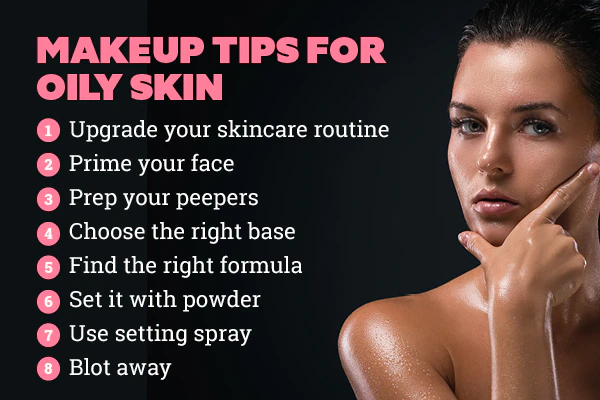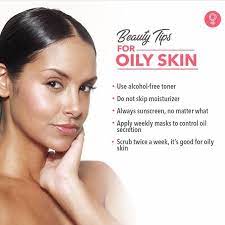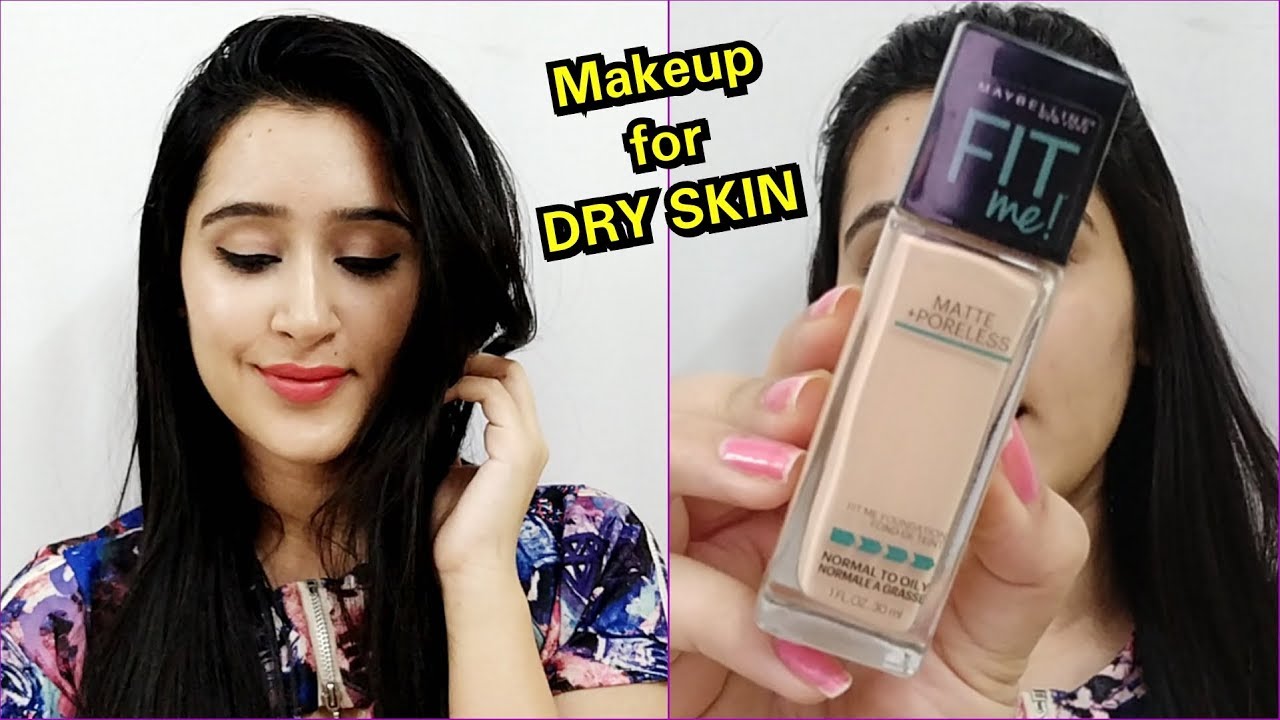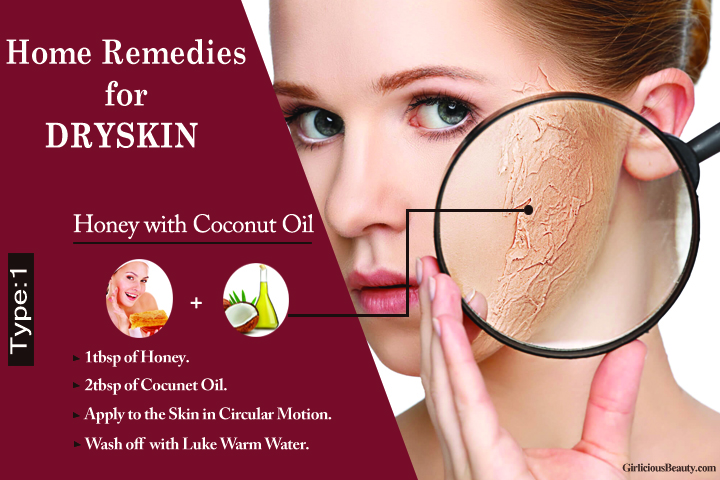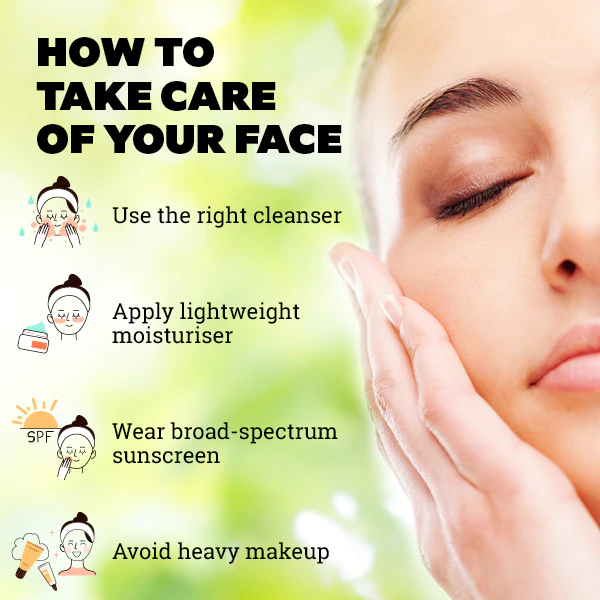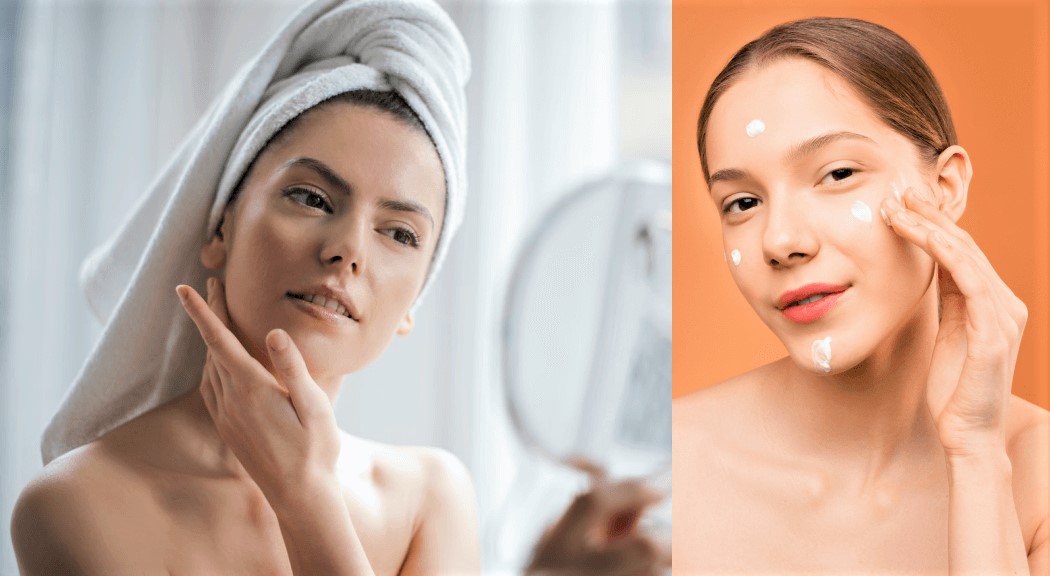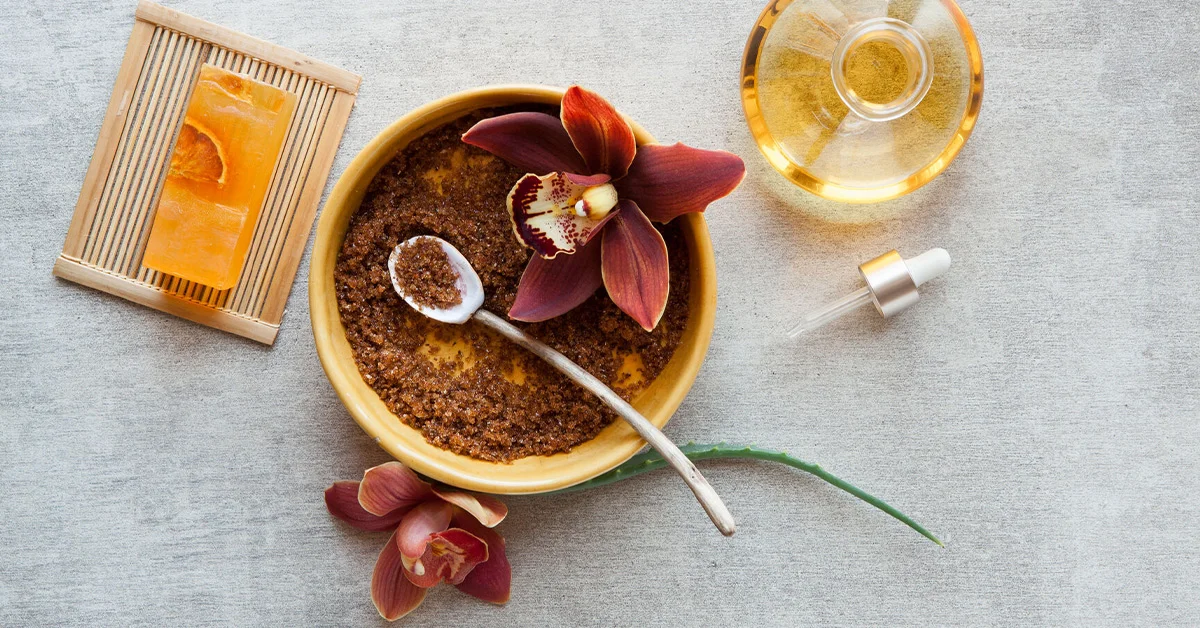Taking care of your face is an essential part of any beauty routine. Here are some basic beauty tips for face that you can follow to help keep your skin looking healthy and radiant:
- Cleanse: Cleansing is an essential step in any beauty routine. Choose a gentle cleanser that suits your skin type and use it twice a day, in the morning and at night, to remove dirt, oil, and makeup.
- Exfoliate: Exfoliating helps to remove dead skin cells and unclog pores, allowing your skin to breathe and absorb skincare products more effectively. Use an exfoliating scrub or enzyme-based exfoliator once or twice a week, depending on your skin’s needs.
- Moisturize: Moisturizing is important for all skin types, even oily skin. Use a moisturizer that is suitable for your skin type and concerns to help keep your skin hydrated and nourished.
- Protect: Protecting your skin from the sun’s harmful UV rays is essential for maintaining healthy skin. Use a sunscreen with at least SPF 30 every day, even on cloudy days.
- Stay hydrated: Drinking plenty of water is essential for keeping your skin hydrated and healthy. Aim to drink at least 8 glasses of water a day.
- Get enough sleep: Getting enough sleep is crucial for maintaining healthy skin. Aim to get at least 7-8 hours of sleep each night to help your skin regenerate and repair.
- Eat a healthy diet: Eating a healthy, balanced diet that is rich in fruits, vegetables, and whole grains can help to nourish your skin from the inside out.

Following a basic beauty routine that includes cleansing, exfoliating, moisturizing, protecting your skin from the sun, staying hydrated, getting enough sleep, and eating a healthy diet can help to keep your skin looking healthy and radiant. Remember to choose products that are suitable for your skin type and concerns and to be consistent in your skincare routine.


